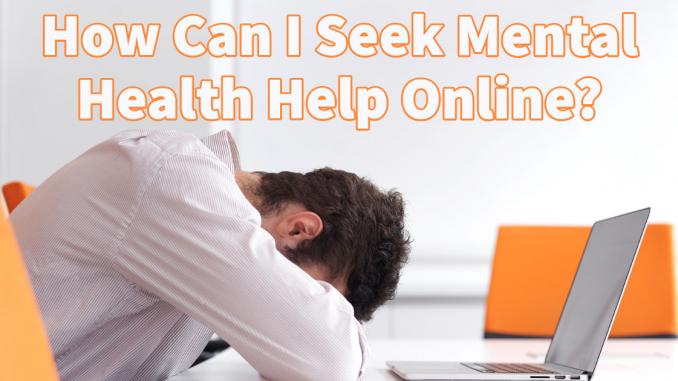

The year 2020 has been incredibly difficult for several different reasons. Perhaps principally for people across the world, the COVID-19 pandemic has wreaked havoc on several different scales. Obviously, many families have lost loved ones to the virus. Individuals have also faced the illness themselves, and in some cases have faced long term consequences including disabilities and chronic pain or hospitalization. The medical bills associated with the longstanding hospitalizations often required for those ill with the disease can be incredibly debilitating, and the long term outcomes for those that contract coronavirus remain unclear. Some could actually face disabilities that will keep them from working and force them to pay for medical treatments for years. Additionally, the side effects of the virus can affect an individual’s mental health in a big way, due to the pain and physical stress that it can cause.
This has been exacerbated, of course, by the fact that people have been forced to stay home more than they ever have before. Establishments like restaurants and nightclubs, and in some areas even outdoor parks, are not as available as they once were. Another issue that people are struggling with is the fact that staying home so often and various restrictions have caused a variety of different companies to either send employees home or downsize their workforces and even cut many of them. In fact, a lot of different businesses have been permanently shut down. The reality is that this has caused many people to face joblessness, as well as the economic stresses that come with joblessness.
Additionally, lots of Americans are feeling stressed and discouraged by the political upheaval occurring in their country. Escalating police brutality and discrimination against people of color led to protests across the nation, which actually spread to different parts of the world. Furthermore, radical political differences and stress over the recent presidential election have caused many to feel uncertain about their futures. The fact is that all of these issues can further exacerbate certain mental health problems. As an added concern, they can make people struggling with substance abuse disorders slip further into addiction. Individuals that are already vulnerable and at risk of experiencing substance-related issues may feel more likely to return to bad habits, or even start new bad habits, due to the isolation they felt throughout 2020 as well as the ongoing stressors that have continued since then. Fortunately, there are ways to seek mental health help now. It’s crucial that individuals stay connected to support and services to better their mental health throughout the COVID-19 crisis, especially if they are struggling with mental illnesses or substance abuse disorders. Fortunately, there are resources available to those in need. Below are some of the ways that people can receive mental health and substance abuse help quickly in light of COVID-19 and the other issues that have been sweeping the nation over the past year.
What Resources Are Available for People With Substance Abuse Disorders?
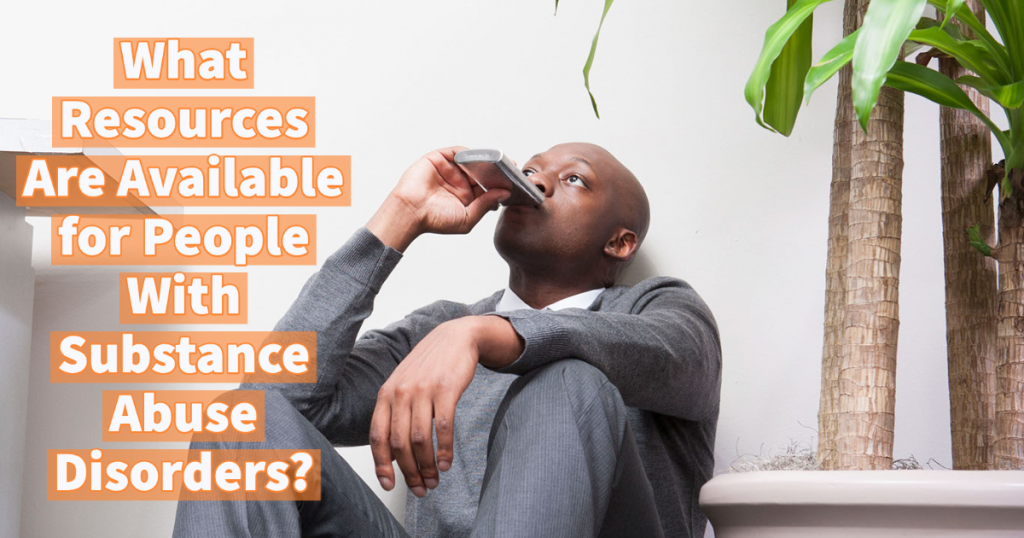
The unfortunate reality is that social distancing has negatively affected the mental health of many people. Yet social distancing also has been recommended by the CDC, as well as a wide variety of health experts, to suppress the spread of COVID-19 and prevent more deaths. Therefore, many people are being forced to let their mental health decline in order to protect the greater good. As individuals stay at home, however, there are still online resources available through which they can get mental health help now. Some of these may be fairly familiar and may have been resources that individuals reached out to in the past. But many people don’t realize exactly how available they are remotely. Many of these resources center around substance abuse. It’s incredibly important for people to have these resources available if they cannot reach out to a traditional addiction treatment center.
For example, Alcoholics Anonymous has expanded its remote accessibility since the pandemic. Although lots of people don’t necessarily associate Alcoholics Anonymous with getting mental health help now, alcoholism, like other forms of substance abuse, is a disease. As a disease, it is both a mental and physical health crisis. If people do find themselves abusing alcohol due to the pandemic and accompanying issues, they can jeopardize not only their own physical health but that of others. An individual could commit a DUI, and in the process hurt or even kill other people. Therefore, Alcoholics Anonymous has expanded its outreach through virtual meetings that can be conducted with programs like Zoom. The organization always relies on phone calls and emails to keep people in touch with support as they social distance.
Alcoholics Anonymous is not the only organization focused on substance abuse interventions that has changed its tactics since the pandemic began. Narcotics Anonymous, for example, has taken a simple tactic, as has Al-Anon, which makes itself available to family members and loved ones of alcoholics. Cocaine Anonymous, which specifically focuses on individuals struggling with cocaine addiction, has also implemented these strategies. However, its online meetings are currently voice only. While some people may miss the idea of meeting in person, meeting virtually allows everyone to stay safe in more ways than one.
For people that are not interested in Anonymous groups, there are other options that they can explore if they would like to get mental health help now and treat their substance abuse problems. These organizations can also remind them of the consequences of their actions, teaching them about drunk driving laws for example. The National Institute on Alcohol Abuse and Alcoholism a great resource for this reason. This site is actually government-run and allows people struggling with alcohol to educate themselves and learn more about local, frequently virtually meeting organizations available to them. The National Institute on Drug Abuse functions similarly.
On a less government-led, more family-focused level, there is SMART Recovery. SMART Recovery stands for Self-Management and Recovery Training, offers support not only for those struggling with substance abuse disorders but people that are the family members and friends of those with such disorders. Most, if not all of their typically in-person meetings are currently being held online. These meetings are held as frequently as once a week. There are also message boards through which people can connect.
Similarly, Tempest Recovery Program has an online program available both for those that want to get completely sober and those that simply want to adjust the ways that they approach alcohol. Alcohol can be harmful not only to those with substance abuse disorders but those that are developing more minor dependencies. Members of the program can gain access to accountability coaching, as well as psychosocial education materials, and a large, supportive online community.
What Resources Are Available for Those With Eating Disorders?
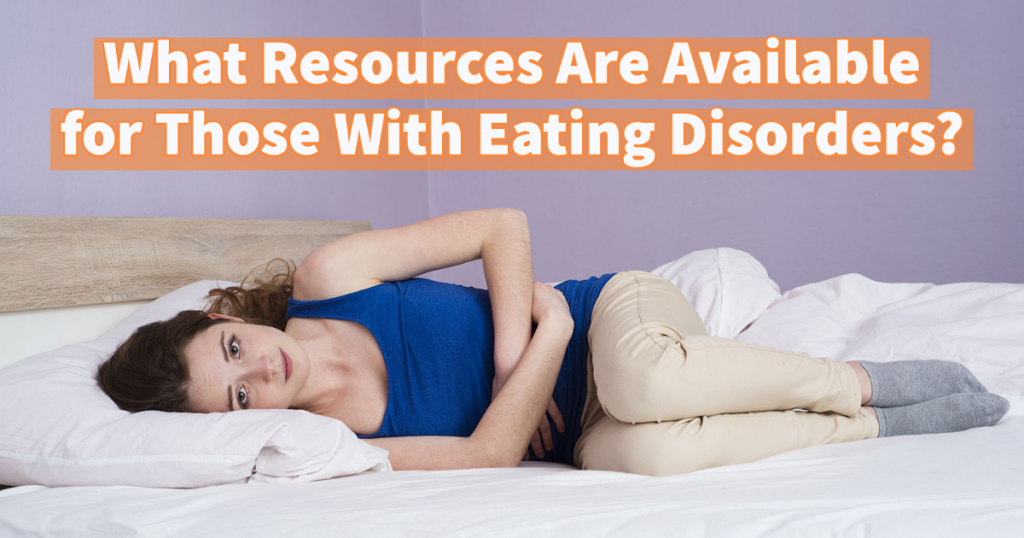
Although the Anonymous groups are typically associated with people seeking mental health help now for addictions to substances like drugs and alcohol, they serve other purposes as well. Overeaters Anonymous is a group that helps people with addictions to food. These addictions may not seem as serious as addictions to drugs and alcohol, but they can be seriously detrimental to addicts’ mental and physical health. At this time, Overeaters Anonymous is not offering virtual meetings, but it still makes many of its resources available online. These include podcasts, books, and various documents.
Overeating is actually a type of eating disorder, which over time can be devastatingly addictive. There are other types of eating disorders that often require mental health help now. People cannot wait to reach out for mental health assistance if they are abusing their bodies to the extent that many with mental health disorders often do. This is why the National Eating Disorder Association is offering resources for individuals online. One particularly useful tool is the NEDA Connections Video Series. This series offers people check-ins that last about 10 to 20 minutes each, as well as resources like activities and presentations from different NEDA leaders. Their website is also a regular, perhaps more easy to access resource available for those in need.
What Happens If I’m Struggling with a Mental Illness?
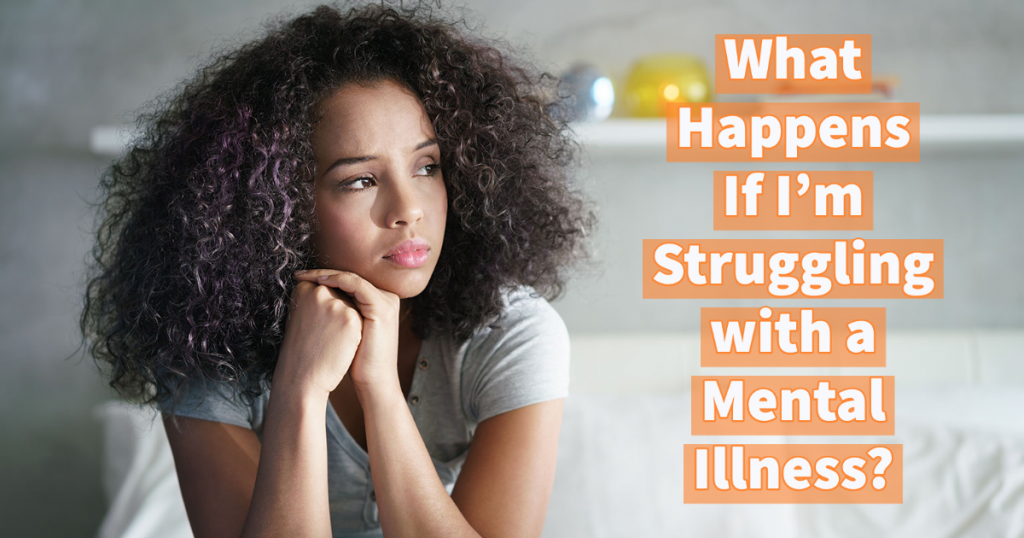
Although substance abuse disorders are both mental illnesses and require mental health help now much of the time, the resources listed here are more focused on mental illnesses that can intersect with substance abuse or eating disorders, but do not have to. These mental illnesses can be related to trauma, but are not always. Some mental health experts speculate that they are also connected to biological factors like brain chemistry.
One mental illness that is more common than many would realize is Bipolar Disorder. Bipolar Disorder can come in the form of Bipolar I or Bipolar II disorder. Bipolar I disorder usually makes sufferers more prone to manic episodes, which can cause reckless spending and irrational decisions, as well as rash sexual behavior among other things. A person suffering from Bipolar I disorder may, for example, suddenly buy a new car that they cannot afford during a manic episode. During a depressive episode, they will be more prone to severe depressive symptoms and even suicidal ideation. Bipolar II sufferers are more prone to depressive episodes, and their manic episodes are more often hypomanic, which means that they involve very energized or upbeat behavior, but not quite as much irrationality. These conditions are serious and can be affected by environmental triggers like the pandemic. Therefore, sufferers should be made aware of the Depression and Bipolar Support Alliance Online Support Groups. These allow sufferers of depression and bipolar disorder to connect with and support each other virtually. This is incredibly important, as those suffering from depression often willingly self-isolate and become more depressed. These groups are open to people from a wide variety of different backgrounds.
It’s also important that people suffering from a wide variety of mental illnesses feel that they are able to reach out to therapists and psychiatrists remotely. Many therapists and psychiatrists are currently offering virtual appointments to their patients. Those that have yet to seek this out should check in with their psychiatrists or therapists, or make appointments with new professionals that they have yet to work with. Some insurance policies that previously did not cover telehealth have made provisions, temporary or permanent, to accommodate those in need of mental health support. Just as individuals still need to meet with their physicians to seek back pain treatment despite the pandemic, so too do they need to be able to receive mental health assistance. Online counseling resources like Talkspace, MDLive, and Better Help can help individuals get mental health help now and for that matter virtually.
Some people naturally want to seek out support for this type of help. Fortunately, there are resources that can help individuals better their mindfulness tactics. While this cannot necessarily take the place of assistance from mental health professionals, there is nothing wrong with seeking out support in between appointments. Much of this support is based in building up good habits. People feel stressed for a wide variety of different reasons, perhaps due to general anxiety or perhaps due to specific stressors like for example a mortgage. The site Headspace is offering people the ability to work through free meditations as a part of its larger collection known as Weathering the Storm. The topics Headspace focuses on include walking at home, relieving stress, and feeling overwhelmed.
Another meditation resource is based on an app. This is known as Stop Breathe and Think. Stop Breathe and Think can be loaded on a person’s phone, and it is focused on mindfulness and managing stress, panic, anxiety, and worry. Rather than worrying about COVID-19 or issues like real estate taxes throughout the day, people can use these apps to focus on feeling better and being mindful. This is a part of getting mental health help now.
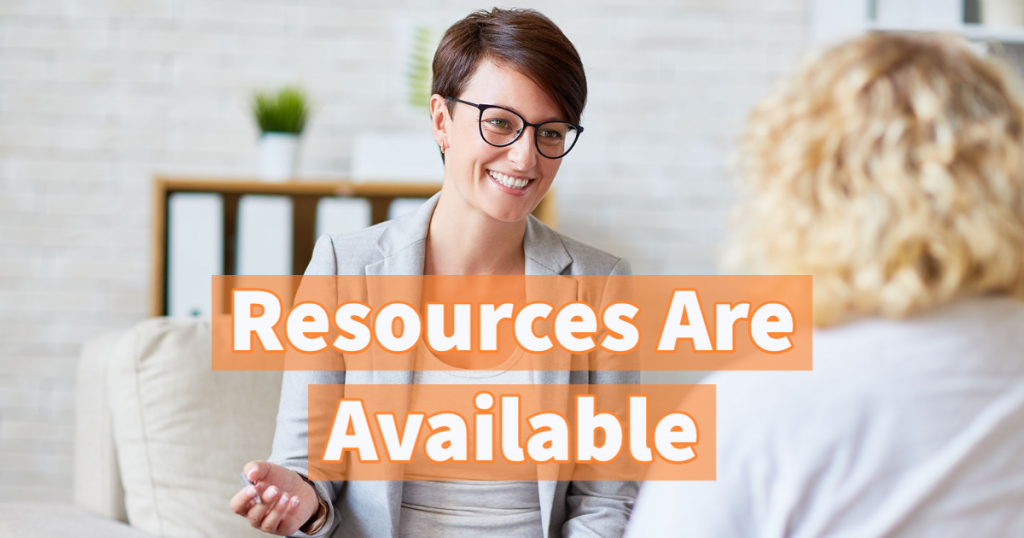
It can be difficult for people to seek mental health help now if they are feeling discouraged due to the current state of events. They don’t feel that mental health help is as readily available as help with their taxes, or legal help. But the reality is that there are resources available. No matter what an individual’s mental health crisis is, they can get help.